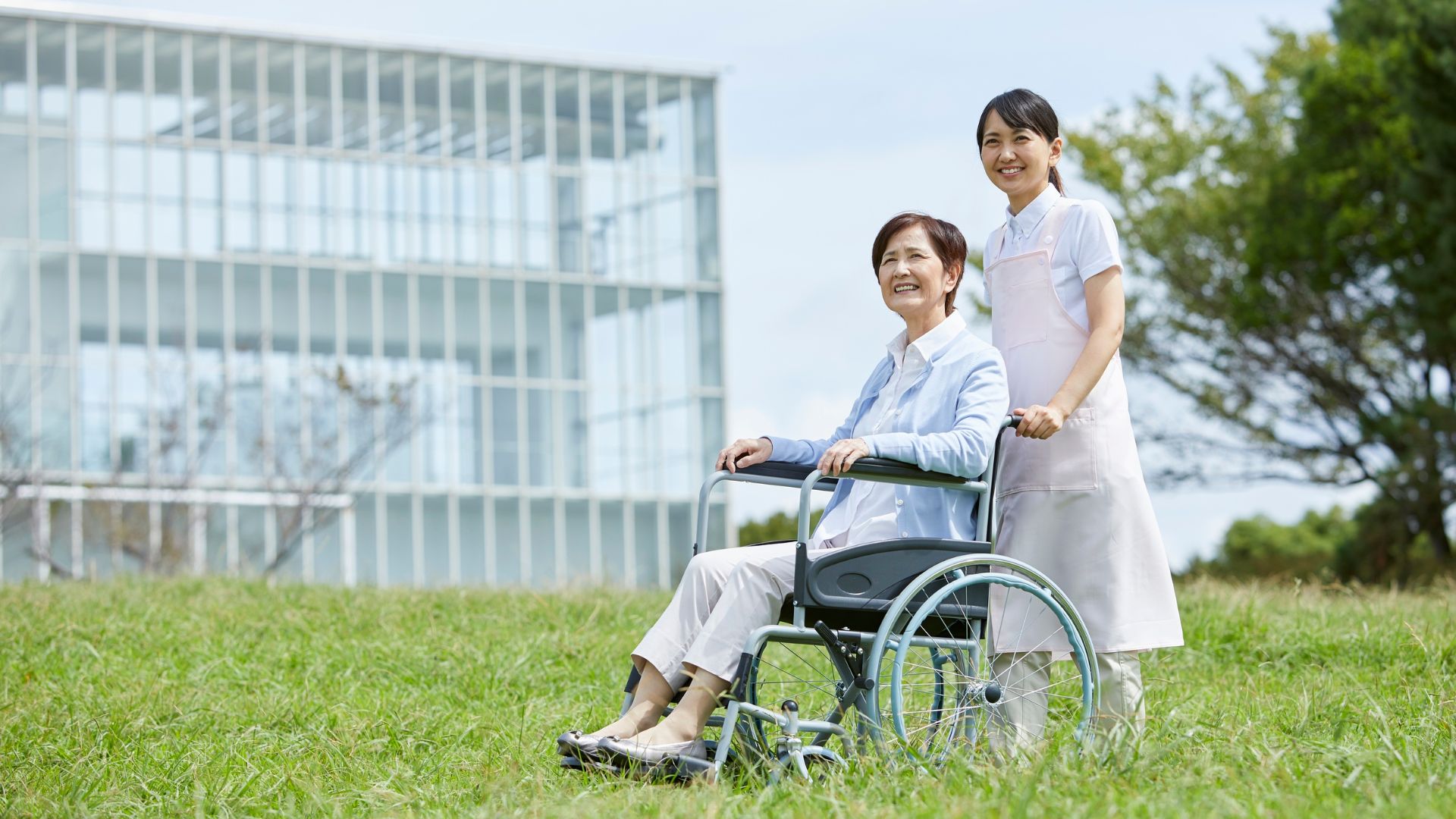

Caregiving: Taking Care of Older Adults
Taking care of an older adult is essential, as they often need help with certain tasks and also mental support. Assistance with daily activities and crucial emotional support help maintain overall well-being. A small help can help prevent issues like social isolation and depression.
Key aspects of care include creating a safe home environment, ensuring regular medical check-ups and medication management, and promoting a healthy lifestyle through a proper diet and regular physical activity. Caregivers should also foster social engagement, provide emotional support, and seek support for themselves to manage the demands of caregiving.
Why Older Adults Need Special Attention?
A GP for elderly patients recommend taking care of older adults because at some point in life, they might feel a sense of isolation and depression. Here is why older adults need special attention:
- Age-related changes make them more vulnerable to health issues and less resilient to illness.
- They are at higher risk for chronic diseases like diabetes and hypertension, which require management.
- They often experience increased weakness, raising their risk of adverse health outcomes with each clinical challenge.
- Older adults may not present with classic symptoms of illness; for example, a UTI might present as confusion rather than other symptoms.
- As they age, they may experience loss of loved ones, reduced social interaction, and feelings of loneliness, requiring companionship and social connection.
- Many elderly individuals, particularly those who live alone, crave companionship and opportunities for social engagement.
These issues need solutions for the well-being of older adults. You can find the relevant solutions further in this guide.
Taking Care of Older Adults
| What can one do? | Explaination |
| Planning | It is a good thing to ask your elders what kind of help they need. How do they like to get help, and what things are they finding hard to perform on their own? One cannot guess 100% what an individual demands are so it is better to have proper communication. Get a GP for elderly patients involved for expert intervention and guidance. Plan a GP visit beforehand. |
| Providing Care | There are many types of care one can provide to older adults, including personal, household and emotional support. Making appointments for them and taking them to the general practitioner for regular checkups can help them in many ways. Also, take time for your loved ones because at this age, feelings of isolation and depression are common. Prepare household care for them. They might need help with cleaning, laundry and yard work. Cooking can also become a hectic task for older adults. |
| Understanding Health Issues | There is a chance the older ones will have some health concerns. They have issues like heart disease, Alzheimer’s and depression. It is necessary to look after them. You must learn about health problems so you know what to look out for. You will be able to spot symptoms of the disease, but it is recommended to get regular checkups done before symptoms become worse. |
| Take Care of Yourself | While taking care of others, we often miss our breakfast, sleep and healthy practices. Take care of yourself because proper sleep is a need, especially while having someone to take care of. Your elders need you, and your body needs rest and healthy food. Make time for sleep, try a mindfulness practice, don’t forget to eat and stay connected with friends and family so you won’t feel lonely and depressed. |
FAQs: Elders and You
Q1. How often do older adults need regular checkups?
Older adults should have regular checkups annually, or as recommended by their GPs, to monitor age-related conditions and manage chronic diseases effectively.
Q2. What are the common issues of old age?
Chronic physical conditions such as arthritis, heart disease, diabetes, and respiratory issues, as well as cognitive decline, like dementia.
Q3. How to take care of yourself while taking care of elders?
Exercising, eating well, having adequate sleep and staying in touch with friends and family.
Q4. What are the essential things to note about older adults?
Changes including hearing and vision loss, memory loss, disability, trouble getting around and other mental and physical well-being issues.
Q5. Do regular GPs look after older adults?
Yes, regular General Practitioners (GPs) do look after older adults, as the care of elderly people is a significant part of their work.
Final Thoughts
CSMC specialists will take care of the elder’s well-being and their mood swings because it is part of their work. Elder adults can get perfect guidance on how to manage daily activites with the help of CSMC specialists.
If you are taking care of an elder member of the family and feeling stressed, it is better to connect with friends, family members and healthcare professionals. It is common among people to face difficulties regarding isolation and depression.
References



